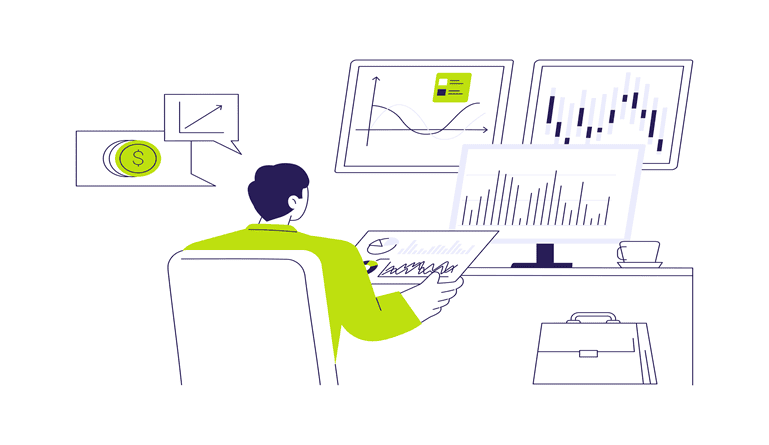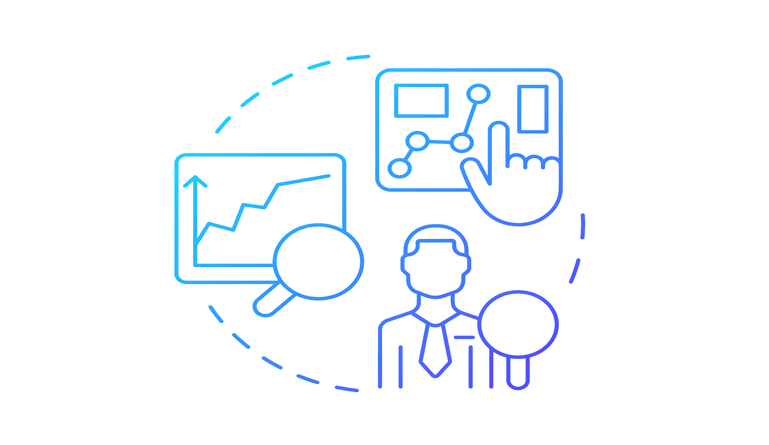How robotics can help the finance and accounting industries.
Find out how robotics will impact finance and accounting.
Robotic process automation, or RPA, has been considered more and more as a beneficial addition to the areas of accounting and finance. These industries and departments are often highly regulated and require a great attention to detail. Because of these factors – namely, the need for reduced errors and quick output to meet the needs of clients as well as the rules of regulation – it lends itself well to the influence and assistance of robotics processes, specially automation.
What are the benefits of RPA?
Robotic processes use artificial intelligence to help handle large volumes of repetitious tasks. It allows for efficient learning and processing of data patterns, which can have a lot of performance benefits for businesses, including:
- Reduced process costs: Some businesses find that handing over tedious, repetitive tasks to robotic automation can reduce over business costs, mainly in the form of reduced payroll.
- Reduced task completion time: Robotics in accounts payable and other areas of finance can help bring down the time of task performance significantly.
- Reduced error: Automation in finance and accounting can increase output quality by reducing or eliminating human error.
- More control: Some businesses enjoy automating certain processes because it allows for them to have greater quality over certain aspects, a better understanding of procedures, and faster reporting.
The benefits of robotics processes in business vary from place to place, but many organizations that have implemented RPA in accounting have found it has led to faster results and more accurate data.
What are the impacts of robotics in finance and accounting?
One concern of some businesses is that employing AI technology or robotics would mean eliminating a human workforce and ask themselves if AI would contribute to further unemployment. Most AI and robotic technology, however, would require a human workforce to oversee the implementation and functionality of AI systems.
Other impacts of robotics can include greater competitivity against other businesses, as they have more freed up human manpower for more complex tasks, as well as access to more accurate reports, all which can contribute to an edge in business.
How can you tell if RPA is right for you and your business?
Understanding if your business will benefit from RPA is about understanding your goals. Before deciding on creating robotic processes for your business, ask these questions:
- What processes would be suitable to automate?
- Who could handle the initial automation? Who will manage and monitor it on an ongoing manner?
- How would automation support your business?
- When would it make sense to implement robotic automation?
Once you’ve analyzed the value and benefits of using RPA in finance and accounting, you can establish a timeline and begin understanding the long-term impact and effects on your business.
RPA is still in its beginning stages of impacting businesses. The ways that it continues to benefit finance, in speed of task completion, quality of data, reduced error rate and more, will likely only grow as more businesses experiment with robotic processes. Has your business used RPA for anything? Do you have any robotic process automation examples of success?




